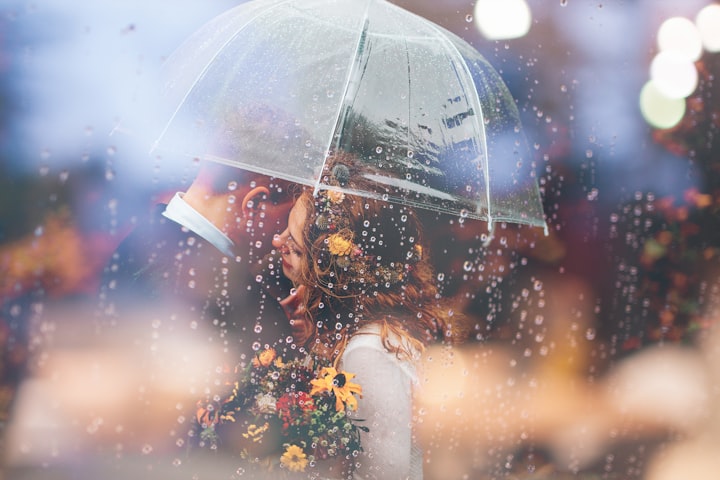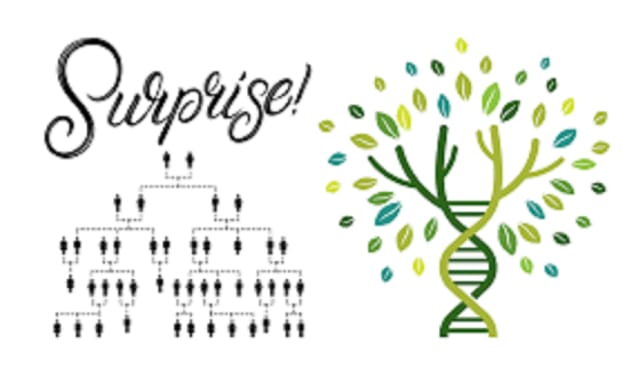Do We Really Need Romantic Relationships and/or Marriage?
Exploring Above and Beyond the Fairy Tale

In a world inundated with romantic narratives, where love is hailed as the ultimate pursuit, it's time to question the age-old adage: is love all you need? The societal glorification of romantic love as the pinnacle of human experience often overlooks its complexities and pitfalls. While we're conditioned to seek out fairy tale romances promising eternal happiness, the reality often falls short of these lofty expectations.
Romantic love, with its whirlwind of emotions and euphoria, can indeed be intoxicating. From literature to music, countless artistic expressions have immortalized the intoxicating allure of love. Yet, beneath the surface lies a darker truth – one that challenges the romanticized notions we hold dear.
The Addiction of Love:
Much like a drug, falling in love triggers a chemical cascade in the brain, leading to feelings of euphoria and attachment. Dr. Helen Fisher aptly likens romantic love to cocaine, highlighting its addictive nature. Just as addicts crave their fix, lovers become ensnared in a cycle of seeking validation and emotional highs from their partners. However, when deprived of this love, withdrawal symptoms akin to those of addiction can ensue, underscoring the precarious nature of romantic attachments.
This addictive quality of love is not merely metaphorical; it is rooted in neurobiology. The release of neurotransmitters such as dopamine and oxytocin during the initial stages of love creates a biochemical dependency on the object of affection. Much like the highs and lows experienced by substance abusers, individuals in love oscillate between states of euphoria and withdrawal, their happiness contingent upon the presence of their beloved.
Distorted Perceptions:
Love, often accompanied by rose-tinted glasses, distorts our perception of reality. We overlook flaws in our partners, romanticize their shortcomings, and make irrational decisions fueled by infatuation. This distortion not only blinds us to potential red flags but also leads us to idealize our partners, elevating them to an unattainable pedestal.
The consequence of this idealization can be profound. We may find ourselves entangled with individuals who are detrimental to our well-being, oblivious to the warning signs obscured by love's illusion. In extreme cases, this distorted perception can lead to toxic relationships characterized by manipulation, abuse, and codependency.
The Pain of Love:
While love promises bliss, it inevitably brings pain. Heartbreak, jealousy, and despair are intrinsically woven into the fabric of romantic love. Our attachment to our partners becomes the source of our suffering, as we cling to the illusion of happiness they provide.
Buddhist philosophy aptly identifies attachment as the root of suffering, shedding light on the inherent turmoil embedded within romantic relationships. The fear of loss, the anguish of unrequited love, and the agony of betrayal are universal experiences that test the resilience of the human spirit.
Navigating the complexities of romantic love poses a conundrum: do we embrace its fleeting highs at the risk of enduring its agonizing lows? While logic may dictate avoidance to spare ourselves from inevitable heartache, the allure of love transcends rationality. Love, with all its imperfections, remains an integral part of the human experience.
In the words of Bertrand Russell, to be ignorant of the value of romantic love is a great misfortune. Despite its propensity for pain, love enriches our lives in ways that defy comprehension. It inspires us to create, to connect, and to experience the profound depths of human emotion.
So, is love all we need? Perhaps not. But in a world fraught with uncertainty, love endures as a beacon of hope, reminding us of our capacity for vulnerability, passion, and resilience. As we navigate the tumultuous waters of romance, let us embrace both its joys and sorrows, for therein lies the essence of our shared humanity.
In conclusion, while romantic love may not be the panacea it's often portrayed to be, its complexities and contradictions add richness and depth to the human experience. By acknowledging the addictive nature, the distorted perceptions, and the inherent pain of love, we can approach romantic relationships with greater mindfulness and awareness.





Comments
There are no comments for this story
Be the first to respond and start the conversation.